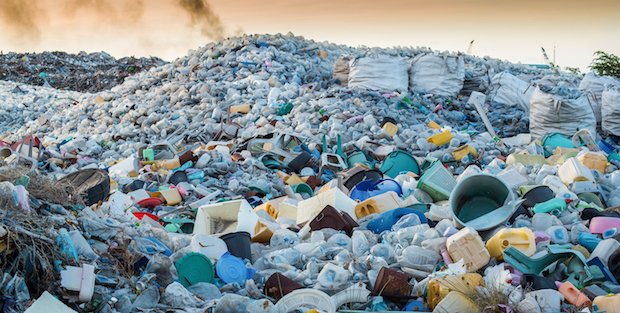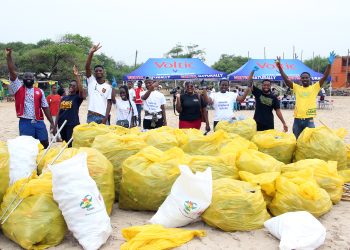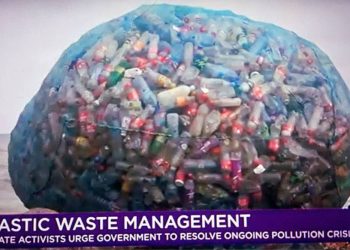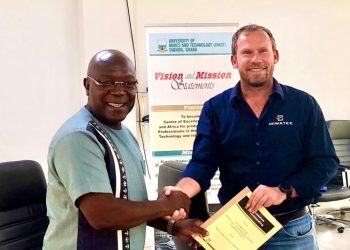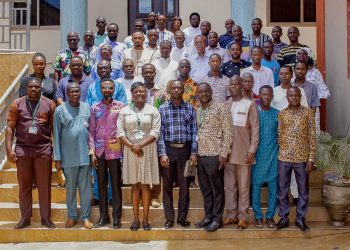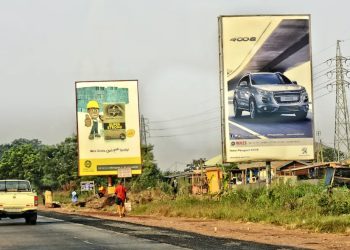On October 1, 2019, President Nana Addo Dankwa Akufo-Addo will announce Ghana’s agreed approach to the curbing of plastic pollution in Ghana under the Global Plastic Action Partnership (GPAP).
Ghana and Indonesia have been selected to manage plastic waste comprehensively under the Global Plastic Action Partnership policy.
Announcing this at a press briefing on Wednesday in Accra, the Minister of Information, Mr Kojo Oppong Nkrumah said the government was partnering with GPAP, a new initiative created by an alliance of influential public and private leaders to fast-track plastic pollution action around the world and to deal with plastic waste in Ghana.
“While the global plastic action partnership will see to bring together public, private and civil society leaders internationally and in-country to translate commitments into concrete action, to curtail the plastic menace, the waste recovery platform will also be creating a physical convening space and a digital platform to facilitate partnerships and exchanges amongst stakeholders in Ghana’s waste management value chain to promote waste recovery,” he said.
Mr Oppong Nkrumah said President Akufo-Addo, and the Minister of Environment, Science, Technology, and Innovation, Professor Kwabena Frimpong-Boateng, will formally announce the launch of the initiative on October 1 in Accra.
He said the Ghana National Plastic Management Policy (NPMP) will leverage the comprehensive management of plastics to drive sustainable development, green job creation, and environmental protection.
“The expectation of government and all stakeholders is that the GPAP and the waste recovery platform will collaborate to strengthen Ghana’s waste management infrastructure, contribute to behaviour change towards the reduction of plastic waste and pollution, foster sustainable partnerships and ultimately promote secular economy in Ghana’s waste management system.”
The GPAP is hosted at the World Economic Forum.
The Global Plastic Action Partnership
The Global Plastics Action Partnership is a global public-private delivery mechanism that aims to tackle the most difficult challenges facing the global commons – plastic pollution of rivers, deltas and the ocean. By engaging with governments, regional bodies, international organisations, and business, as well as innovators and civil society organizations, the GPAP seeks to avert the growth in global plastic pollution by 2025.
Ghana has become the first country in Africa to sign up to the World Economic Forum’s Global Plastic Action Partnership in a bid to address the nation’s mounting plastic waste and pollution challenge.
The goal of the Ghana NPMP is to dramatically reduce the country’s plastic waste and pollution, and to fast-track progress towards zero leakage of waste into the environment, especially the ocean.
It will support the government and businesses in transitioning to a circular economy for plastics, which will fundamentally change the way plastics are manufactured, used, and re-used.
The transition to a circular plastics economy will spur job creation in the manufacturing and innovation industries, promote public health and wellbeing, boost tourism and investment, and support Ghana’s progress towards achieving several of the Sustainable Development Goals.






